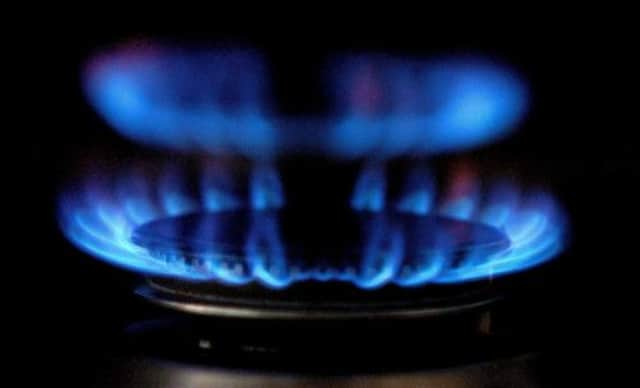Greater transparency needed to fuel energy debate


So, we should not be surprised that energy issues, such as prices, costs and technologies, are rarely out of the news – or that those views on different ways of generating and using energy are increasingly strident.
But the information provided by politicians and in the media is too often partial and misleading, designed to reflect a particular political or commercial viewpoint. They fail to provide a transparent debate about social costs and benefits of different forms of energy generation and use. And this matters, particularly in Scotland, where energy is a keystone economic sector.
Advertisement
Hide AdAdvertisement
Hide AdThe recent political and media storm about “green taxes” provides a classic example. Regardless of one’s views about the sense of subsidising renewable energy generation, statements arguing that “green” (renewable energy) subsidies are the primary cause of the recent increases in energy bills are simply untrue.
Payments
Within a typical electricity and gas bill, householders’ pay more to the government through general taxation – via the 5 per cent VAT charge – than to renewable energy support programmes. Householders pay more to support people on low incomes and the elderly to insulate their homes through social policies such as the energy company obligation than to subsidise renewable energy generation. Indeed, the government takes as much tax from someone filling a single large tank of diesel or petrol in a family car as is taken from your annual electricity bill to support renewables.
In other words, the storm around “green taxes” reflects more the need for political or commercial interests to have a scapegoat than on any desire for informed debate about how we should deliver an energy system that meets our future needs.
This is not to say that the existing system is sensible: it has long been known that this is a regressive form of tax, since the size of energy bills does not equate well to size of householder income.
The system of putting costs on consumer bills was put in place under a Conservative government, to provide financial support to nuclear generators in the newly privatised industry, and extended under Labour.
But if we are to have a more transparent and honest debate about how the government spends our money, we also need to reflect on where we spend our money. The biggest energy source we require is for heating water and space in our homes. The next biggest – and, for most people, by far the most expensive – is on our mobility through the use of transport fuels. The smallest component of our energy use, and the one typically with lowest cost in any one year, is electricity. Yet, this is the form of energy that captures much of the news headlines.
Changes
Against this backdrop, radical changes are coming over the next 20 years. These are driven in part by global events, such as persistently high oil costs; others by more local issues, such as the UK’s rapid transformation from energy exporter to energy importer, and the need to upgrade energy infrastructure designed in the mid-20th century. Scotland, like the rest of Europe, aims to wean itself off its dependence on fossil fuels over the next 35 years.
Choices about how we manage these changes are political, economic and cultural decisions for society. All forms of energy generation and use have social, economic and environmental implications. These implications, both positive and negative, can affect communities both close to and far from the point of use, and are often hidden from the consumer. UK and Scottish governments – of all political persuasions – have sought to balance competing interests of cost, social and environmental impact and the need to secure long-term supplies of energy or fuels.
Advertisement
Hide AdAdvertisement
Hide AdBut too often in the UK, the debate has been reduced to a technology beauty contest – whether nuclear is better than renewables; or whether fracking is the answer – or a blame game about energy costs. We are in danger of missing the wider and more important issue: no single technology or energy source can provide for our multifarious energy needs for mobility, heating, cooling, lighting and appliances.
We need a far more open conversation about the costs and benefits of different ways of delivering our energy needs, to make an energy system fit for the 21st century. We deserve better.
• Andy Kerr is executive director at the Edinburgh Centre for Carbon Innovation, www.edinburghcentre.org